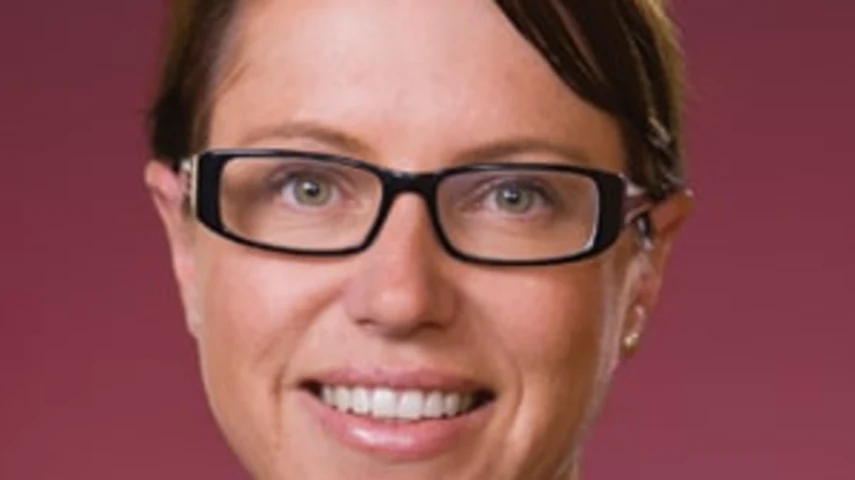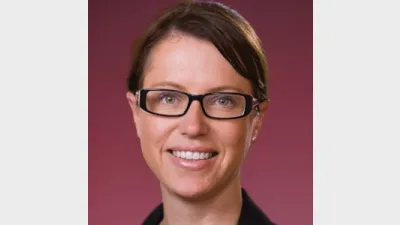Rice Warner boosts contributions for female staff



Consulting and actuarial firm Rice Warner has increased super contributions for female employees by 2 per cent of salary as a way to address the gender gap in retirement savings.
It follows on from consultation Rice Warner undertook with the Australian Human Rights Commission to ensure the measures did not discriminate against male employees.
The package of benefits which were implemented at the start of this month, also includes flexible working conditions, paid parental leave, superannuation payments and long service leave accrued during parental leave, as well as an educational package.
Rice Warner deputy chief executive Melissa Fuller said her interest in finding a way to resolve the discrepancies between male and female retirement savings was sparked by the firm's research.
Underlying data and statistical evidence clearly showed that most females fell behind their male counterparts in their level of retirement savings, Fuller said.
A Rice Warner report released in November found that many challenges including lower pay, workforce patterns and a longer life span meant most women retired with approximately 50 per cent less superannuation than men.
"From the outset Rice Warner saw an opportunity to tackle a systemic issue that has a broad impact on Australian females and society, but which also directly impacts our own female employees," said Fuller.
The firm said the total female savings gap today was $383 billion, with 65-year-old females retiring with on average $40,000 less than 65-year-old men.
Recommended for you
Australia’s largest super funds have deepened private markets exposure, scaled internal investment capability, and balanced liquidity as competition and consolidation intensify.
The ATO has revealed nearly $19 billion in lost and unclaimed super, urging over 7 million Australians to reclaim their savings.
The industry super fund has launched a new digital experience designed to make retirement preparation simpler and more personalised for its members.
A hold in the cash rate during the upcoming November monetary policy meeting appears to now be a certainty off the back of skyrocketing inflation during the September quarter.










